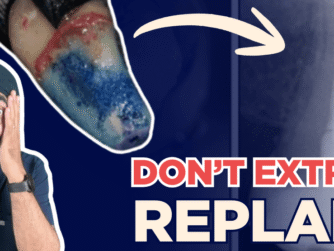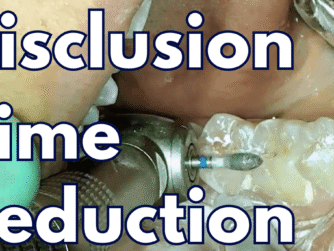Podcast: Play in new window | Download (Duration: 52:43 — 75.4MB)
NEW EPISODE LIVE for public access!
Do you know the difference between dental indemnity and insurance? And which one might be better for you? Today we have Dr. Neel Jaiswal, founder of Professional Dental Indemnity (PDI), to shed light on this crucial topic (as our security and sleep depends on it!)
Should you choose a ‘claims occurred’ or ‘claims made’ policy? Dr. Jaiswal’s transparent advice aids in choosing what is best for you at your stage of your career.
Need to Read it? Check out the Full Episode Transcript below!
Get a quote from PDI and save £thousands on your policy.
If you liked this episode, you will also like 10 Commandments for Staying Out of Trouble
Did you know? You can get CPD from the Web App or Phone App and watch premium clinical videos, for less than a tax deductible Nando’s per month?








[…] If you enjoyed this episode, you will also like Indemnity vs Insurance 2023 – Which one is best for you? – GF019 […]